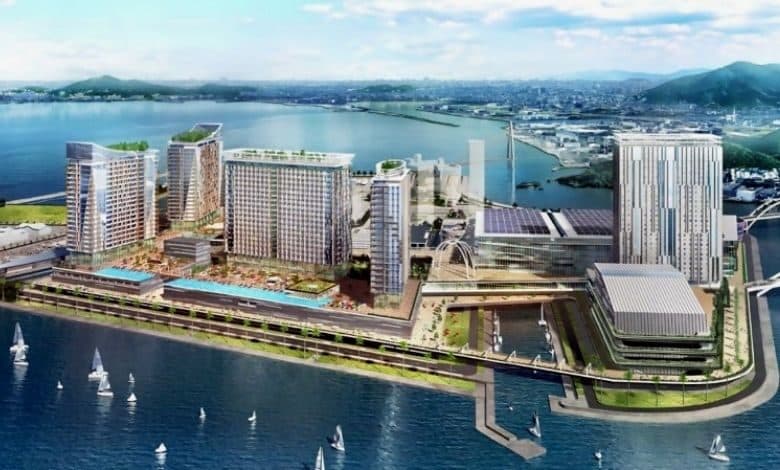Casino Bill Falls Short Without Assembly Votes in Wakayama, Japan

This content has been archived. It may no longer be relevant
The COVID-19 pandemic has left the world countries looking for ways to jump-start their economies. In the last two years, these countries have seen the potential of regulated gambling in contributing to the economy. The US gambling industry, for instance, accounts for more than 20% of the entire economy, and this area continues to grow with new arrivals like cryptocurrencies, metaverse, and NFTs. Fuelled by such reasons, the Japanese city of Wakayama thought it would be the right industry to give a much-needed push to the local economy.
The plan to allow commercial gambling in Wakayama, led by Governor Yoshinobu Nisaka, took an unexpected turn in the assembly. The Wakayama Prefecture Assembly voted against the plan for Integrated Resort 20:18. The city has lost its candidacy to host commercial gambling as the plan failed to show the majority. Governor Nisaka called the session in the assembly “a bitter blow” as he hoped it would get the prefectural economy back on track from the impacts of the pandemic.
The assembly rejected the Integrated Resort plan on societal harms, gambling addiction, debt, and broken families. Nisaka responded to these claims by saying they could be avoided through strict prefecture and national regulations, but to no avail. The plan was expected to create an annual impact of $2.7 billion at the prefectural level. Many assembly members claimed that the plan was “vague and uncertain” and voted “No” as it is likely to be rejected at the national assembly. Others in the Wakayama Prefecture Assembly just held on to the conservative beliefs regarding gambling.
The news about the IR’s rejection came as a blow to Caesars’ plans to enter the Asian economy. Caesars Entertainment already received huge blows after missing out on the gaming licenses from Macau in 1999. So much so that the company had to go bankrupt following the 2008 economic recession. However, Caesars would let things go down the same way again with its Japanese entry. The firm joined a partnership with a Canadian equity firm called Clairvest group. According to the plans, 55% of the physical resort would be owned by Clairvest, while Caesars was set to have 5%. The remaining 40% was to be distributed among local Japanese investors. This plan, nonetheless, was considered sloppy as it did not give a clear idea of how the $3.6 billion would be spent.
Japan passed the casino bill in 2018, two decades after Macau legalized commercial gambling. This “Act for Development of Specified Complex Tourist Facilities Areas” lost its momentum in the lengthy rulemaking process in Japan. The pandemic also added to the already waning interest in gambling. Now, after nearly four years since the bill was passed, Wakayama just witnessed the result of these events.




